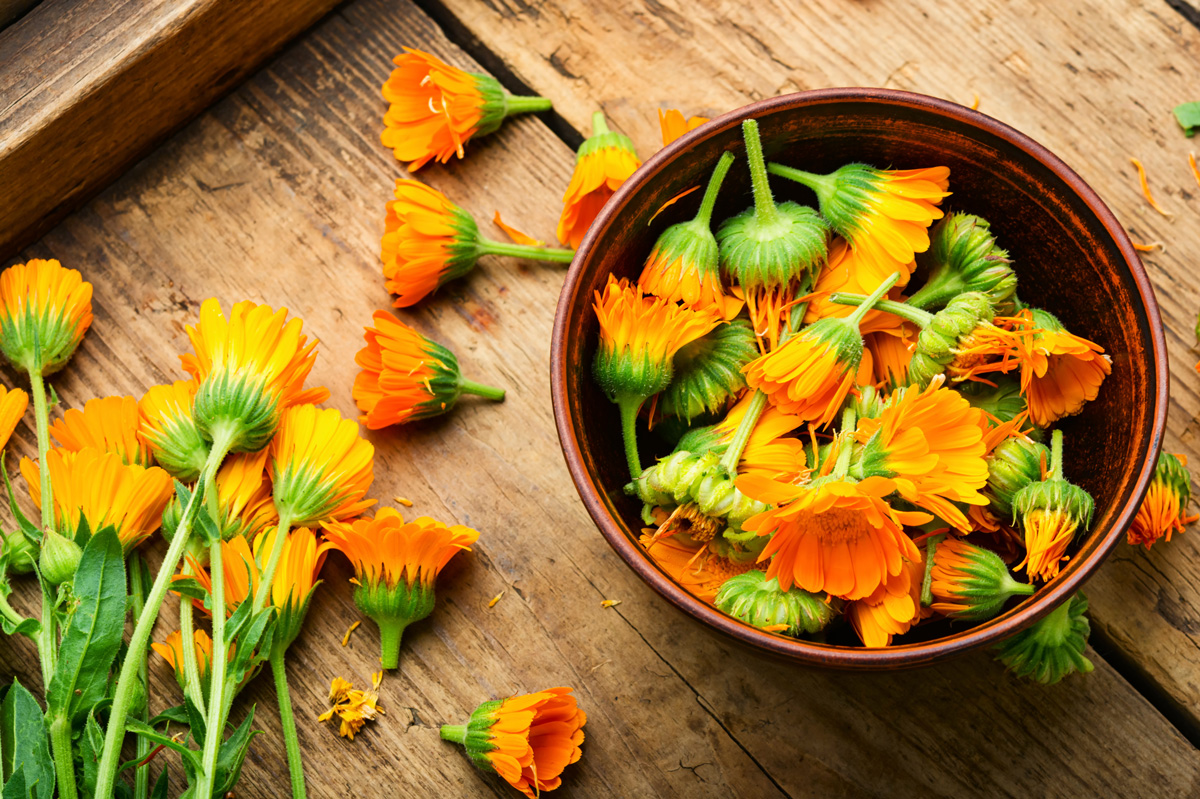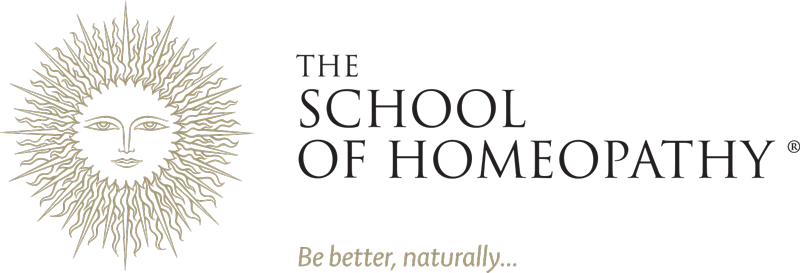Hives, also known as urticaria, are raised, itchy and often red or pink welts that appear on the skin. They can vary in size and shape and may appear and disappear suddenly. Hives can be caused by allergic reactions to certain foods, medications, insect bites or environmental factors.
Homeopathy is a holistic system of medicine that works on the principle of “like cures like.” It uses highly diluted substances to stimulate the body’s own healing mechanisms. Homeopathic remedies can be effective in addressing anxiety by addressing the underlying causes and promoting overall wellbeing.
Here are seven commonly used homeopathic remedies for hives:
1. Apis mellifica (Apis)
Often used for hives that are accompanied by intense itching, burning and stinging sensations. The skin may appear swollen, red and puffy. Exposure to heat may worsen the symptoms, while cold applications or cool air may provide relief. Read more…
2. Urtica urens (Urt-u.)
This is a common remedy for hives that are accompanied by intense itching and a burning sensation. The skin may have a blotchy appearance with raised eruptions. This remedy is also helpful for hives caused by food allergies. Read more…
3. Rhus toxicodendron (Rhus-t.)
Suitable for hives that are accompanied by intense itching and a desire to scratch. The skin may appear red and swollen. Warm applications or warm water may provide relief, while cold air or rest aggravates the symptoms. Read more…
4. Sulphur (Sulph.)
A remedy indicated for hives that are accompanied by intense itching and burning sensations. The skin may be dry, rough and red. Warmth, especially in bed, worsens the symptoms while cool air provides relief. Read more…
5. Natrum muriaticum (Nat-m.)
Recommended for hives triggered by emotional stress or grief. The hives may be accompanied by itching and a burning sensation. The person may also experience dryness of the skin and lips. Read more…
6. Dulcamara (Dulc.)
Suitable for hives that worsen in cold and damp weather. The skin may appear red, swollen and itchy. The hives may be triggered by exposure to cold or wet conditions. Read more…
7. Pulsatilla nigricans (Puls.)
Indicated for hives that are accompanied by itching and a burning sensation. The hives may be changeable in nature, appearing in different locations and shapes. Symptoms are often worse in warm rooms and improve in cool air. Read more:
Other natural ways to help alleviate hives:
1. Avoid triggers: Identify and avoid triggers that may be causing your hives, such as certain foods, medications or environmental factors.
2. Cool compress: Apply a cool compress or take a cool bath to soothe the itching and reduce inflammation.
3. Calming baths: Add colloidal oatmeal, baking soda or chamomile tea to your bathwater to provide relief for itchy hives.
4. Avoid hot water: Take showers or baths with lukewarm water instead of hot water, as hot water can exacerbate itching and irritation.
5. Clothing choice: Wear loose-fitting, breathable clothing made of natural fibres to allow airflow and minimize skin irritation.
6. Stress management: Practice stress-reducing techniques such as meditation, deep breathing exercises or yoga to help manage stress, as stress can worsen hives.
7. Natural antihistamines: Some natural antihistamines, such as quercetin or stinging nettle, may help reduce the release of histamine and alleviate hives. Consult with a healthcare professional before using any natural supplements.
Please remember that it’s important to consult with a qualified homeopathic practitioner or healthcare professional for a proper evaluation and an individualised treatment plan for hives.


